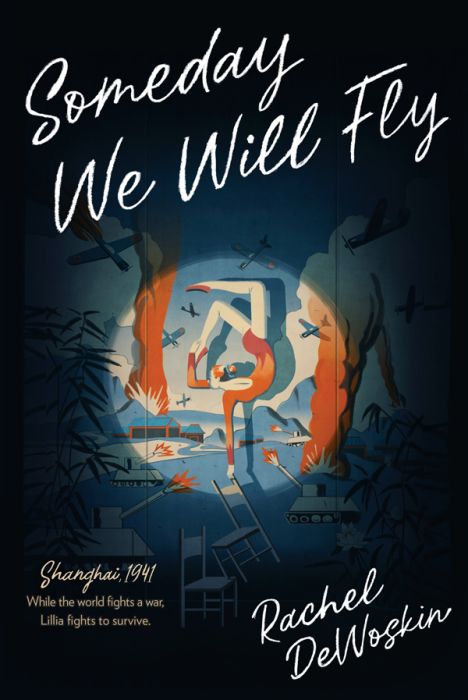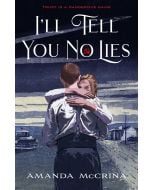CONTENT NOTIFICATIONS
Discrimination: Racial Insensitivity/Racism,Drugs/Alcohol/Tobacco: Underage Use,Sexual Content: Mild Sexual Content/Themes,Violence: Mild Violence,Violence: Sexual Assault/Rape,Violence: Suicide,Violence: War/Harsh Realities of War





